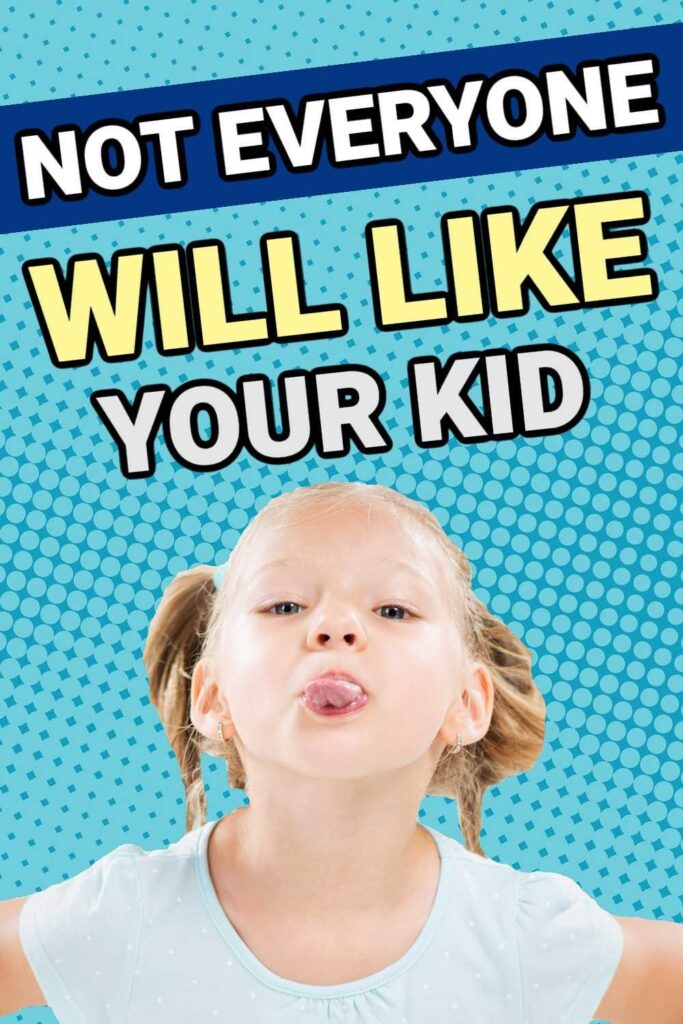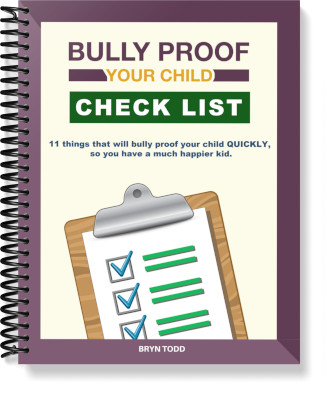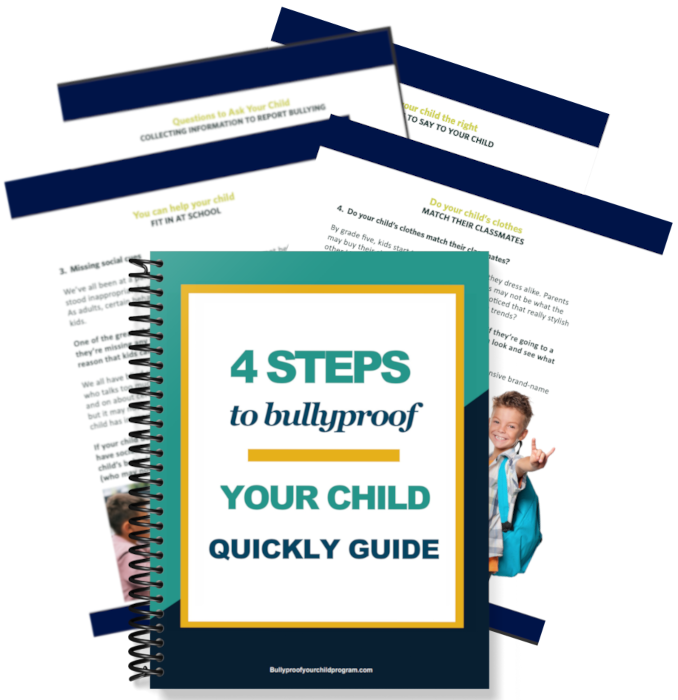One day your child is going to come home from school and share with you that another child said, “I don’t like you!” As a parent, you might find that a little heartbreaking and shocking. How can someone not like your kid?
Children have been saying, I don’t like you to others since the beginning of time. It happened when we grew up, and it happens today. The truth is that not everyone’s going to like your child. It’s just a simple fact. And no matter how hard you try, even if you’re the most perfect person on earth, some folks still won’t like you.
Not everyone is going to like your child
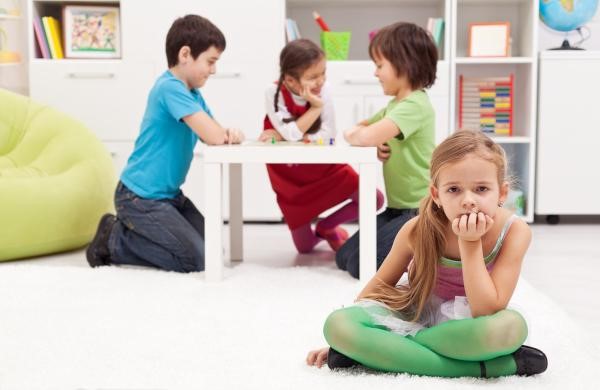
I heard a saying once: 30% of people will like you 30% will hate you 30% Don’t care. And I don’t know what happened to the other 10%. We all have more mental affinity with certain people. Mental affinity is when you’re attracted or drawn to someone because of a commonality.
Think about the people in your life that you’re naturally drawn to, and you have more in common with than other people. Your child probably gravitates towards some kids more than others.
Your child will like have mental affinity with some kids more than others
There are some kids that your child will naturally like more than other kids. And when kids are younger, mental affinity has a lot to do with what your child is interested in. If your child is interested in Transformers, or the popular game at the school that week, they will probably be hanging out with kids with a similar interest. And if your child doesn’t have similar interests as their classmates, it’s actually much harder to fit in and join in.
Share a story with your child when you personally felt someone didn’t like you
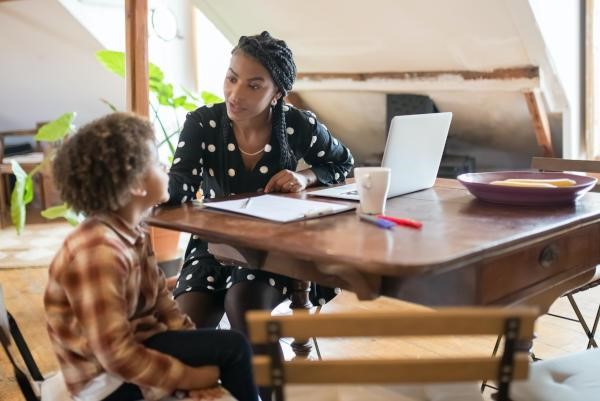
Share a story or a time from your life with your child, when someone said, “I don’t like you”, or you felt that they didn’t like that they didn’t like you, even if they didn’t say it out loud.
Knowing that it has also happened to you will make your child feel more assured that they’re not the only person in the world that this has happened to.
When a child says I don’t like you it is an opportunity to bully proof
This is an excellent opportunity to bully proof your kids because some people say to kids, “We all get along,we’re all friends here.”. But the truth is some kids are going to get along better than others. And saying to someone that everyone’s your friend when they’re not is a misrepresentation of the truth.
And when we teach our kids to shift their mindset to expect that not everyone’s going to like you then when it happens, then it isn’t such a shock. And it isn’t such a big deal.
One of the most hurtful things is sort of being taken by surprise. If you talk to your child and advance even about this, it’s really super helpful for them to process the situation.

Tell your child not to waste their time trying to get this kid who has said unkind things to like them. There’s plenty of other kids that they can play with at school or hang out with, we don’t want our children to turn out as people pleasers trying to please some kid who’s just incredibly difficult and changes one week to the next and doesn’t like anybody.
Does your child have any blind spots?
One thing that can be a little hard to hear is your child may have a blind spot that’s putting people off. And what I mean by a blind spot is a behavior that turns their peers off. If this is happening several times or their child, your child’s being excluded, I would look at their behavior to see if there’s something that they clearly need to work on.
How to respond when a child says, “I don’t like you.”
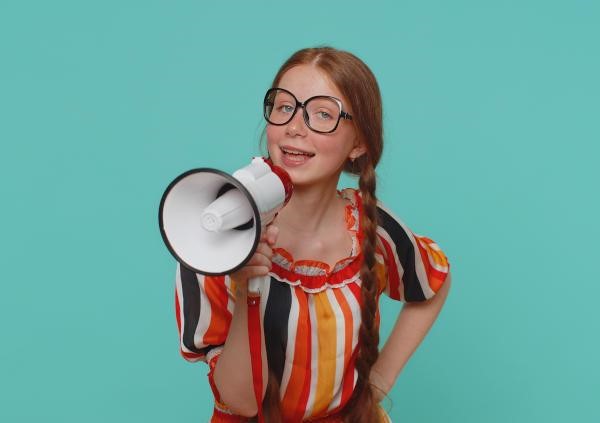
It’s important to how we respond when someone says I don’t like you, because sometimes kids go around the playground, and they’re looking for people to sort of pick on and get a reaction out of. If your child gets visibly upset, they might say it to your child even more.
If your child’s in a safe situation, I would tell them to respond next time, if they’re alone with, “Whatever!”
I would tell my child to respond in front of a group with, “If you’re waiting for me to care, it’s going to be a while!”
We can’t control what other people do, we can control how we think about the situation.
And once again, reinforce with your child that you know what this happens to everybody, they’re not alone.
And if they’re really dwelling on it, ask them to think about three people that they don’t really like and that will shift their thinking.
More posts you might like
- Confident kids are less likely to get picked on
- Parents need to be advocates when their child is bullied
- Why won’t parents admit their child is a bully
It’s a great opportunity for your child to learn about treating people respectfully
It is a great opportunity to teach your child that they are not going to like everybody, but they do need to treat people respectfully. We don’t want our kids going around to the playground saying to people, “I don’t like you!” It’s not going to win your child any friends and it’s just not a decent way to treat people.
